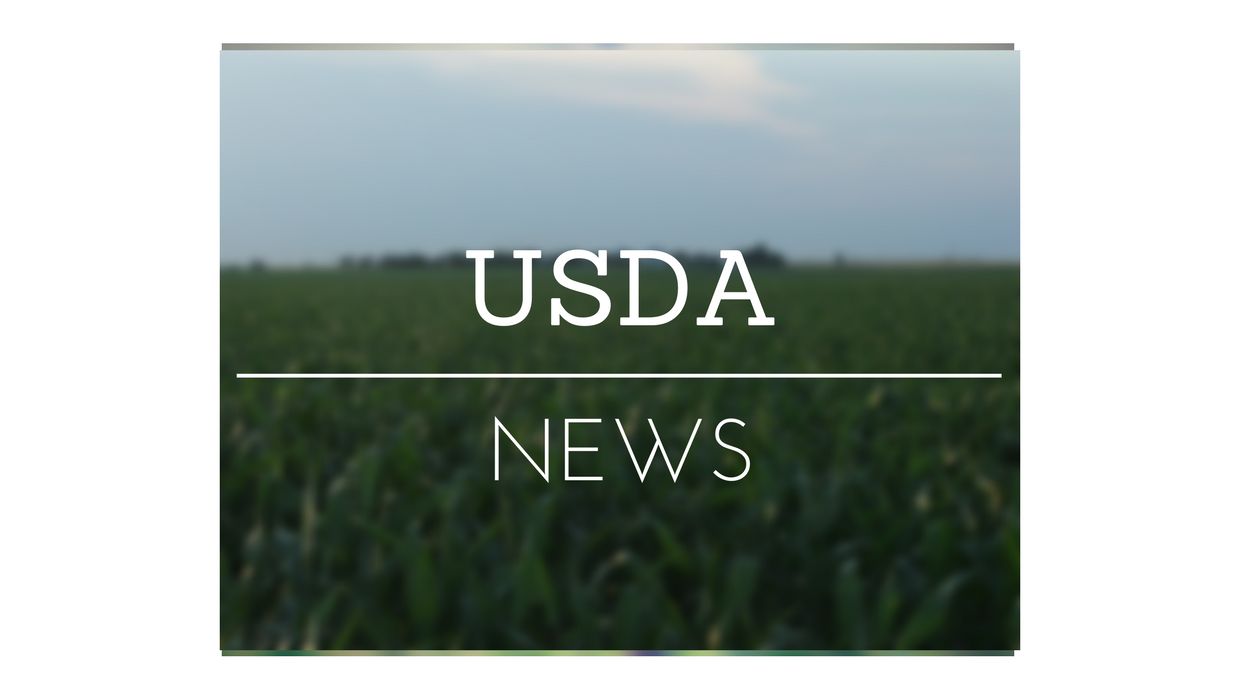Agriculture Secretary Tom Vilsack announced a $1 billion federal investment in fostering agricultural carbon markets Feb. 7 at Lincoln University in Jefferson City, Missouri. Vilsack said that the United States Department of Agriculture is “delivering on its promise to expand markets” by investing in partnerships to support America’s climate-smart farmers, ranchers and forest landowners.
The new Partnerships for Climate-Smart Commodities opportunity is part of the “whole of government effort to combat the climate crisis and conserve and protect our nation’s lands, biodiversity and natural resources including our soil, air and water,” according to a USDA press release.
The initiative will finance pilot projects that create market opportunities for U.S. agricultural and forestry products that use climate-smart practices and include innovative, cost-effective ways to measure and verify greenhouse gas benefits. USDA is now accepting project applications for fiscal year 2022. Individual cannot apply, only certain public or private entities. Applying entities only have three or four months to prepare their applications.
“America’s farmers, ranchers, and forest owners are leading the way in implementing climate-smart solutions across their operations,” said Vilsack. “Through Partnerships for Climate-Smart Commodities, USDA will provide targeted funding to meet national and global demand and expand market opportunities for climate-smart commodities to increase the competitive advantage of American producers. We want a broad array of agriculture and forestry to see themselves in this effort, including small and historically underserved producers as well as early adopters.”
For funding purposes, a “climate-smart commodity” is defined as an agricultural commodity that is produced using agricultural—farming, ranching or forestry—practices that reduce greenhouse gas emissions or sequester carbon.
Funding will be provided to partners through the USDA’s Commodity Credit Corporation for pilot projects to provide incentives to producers and landowners to:
• Implement climate-smart production practices, activities, and systems on working lands;
• Measure and quantify, monitor and verify the carbon and greenhouse gas benefits associated with those practices; and
• Develop markets and promote the resulting climate-smart commodities.
How to apply
The public and private entities that may apply include:
• County, city or township governments;
• Special district governments;
• State governments;
• Small businesses;
• For-profit organizations other than small businesses;
• Native American tribal governments (federally recognized);
• Native American tribal organizations (other than federally recognized tribal governments);
• Nonprofits having a 501(c)3;
• Nonprofits that do not have a 501(c)3;
• Private institutions of higher education; or
• Public and state-controlled institutions of higher education.
The primary applicant must be an entity, not an individual.
Funding will be provided in two funding pools, and applicants must submit their applications via Grants.gov by 11:59 p.m. Eastern time on:
• April 8, 2022, for the first funding pool—proposals from $5 million to $100 million, and
• May 27, 2022, for the second funding pool—proposals from $250,000 to $4,999,999.
Proposals must provide plans to:
• Pilot implementation of climate-smart agriculture or forestry practices on a large-scale, including meaningful involvement of small or historically underserved producers;
• Quantify, monitor, report and verify climate results; and
• Develop markets and promote climate-smart commodities generated as a result of project activities.
Sufficient incentives to encourage producer participation and verifiable greenhouse gas reduction and carbon sequestration benefits are critical to project success and will be considered in the evaluation criteria.
Visit usda.gov for additional information, including details on Partnerships for Climate-Smart Commodities and resources to support your application.




